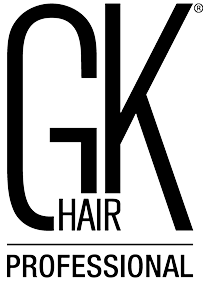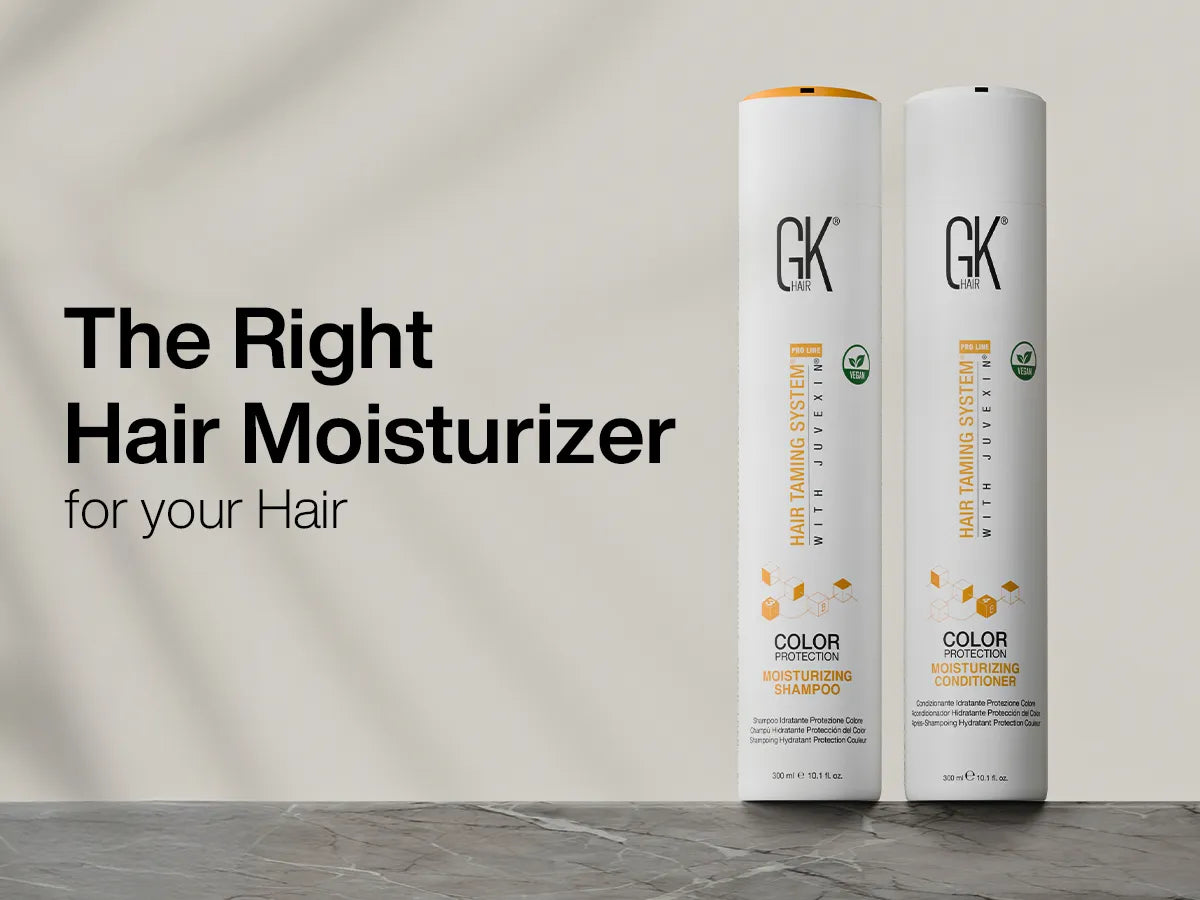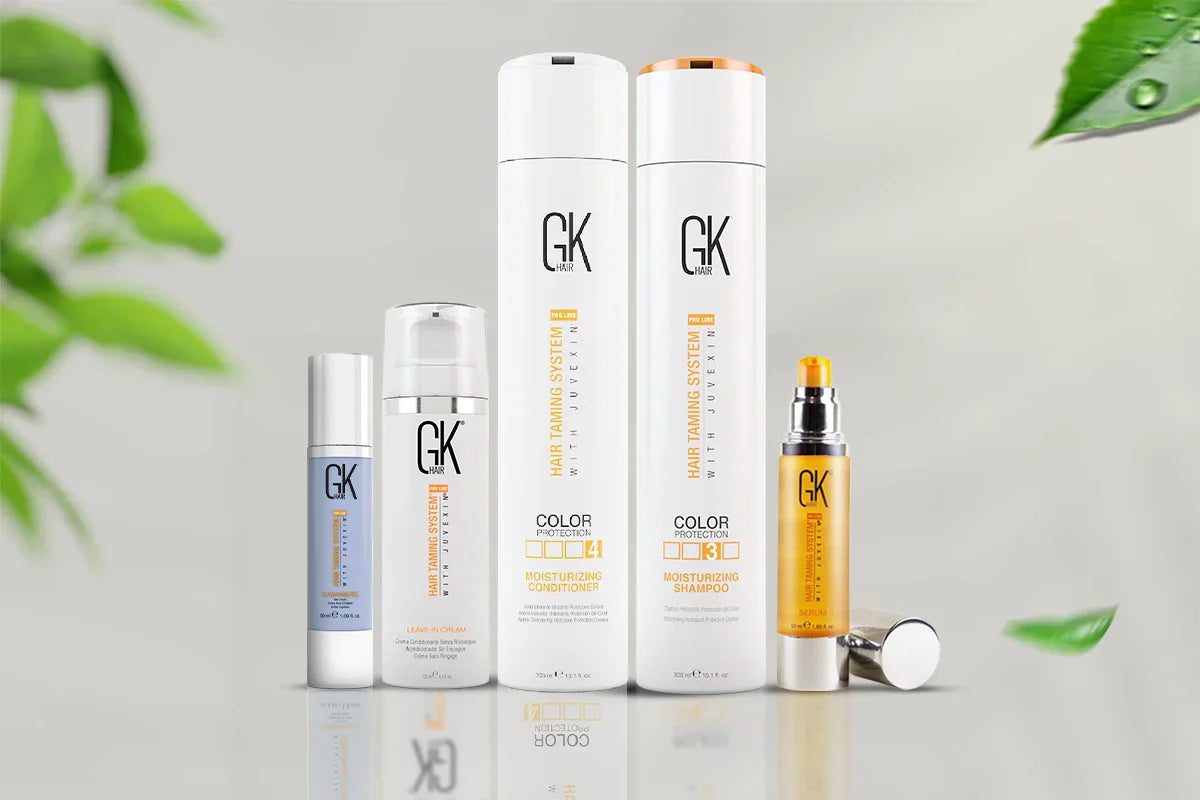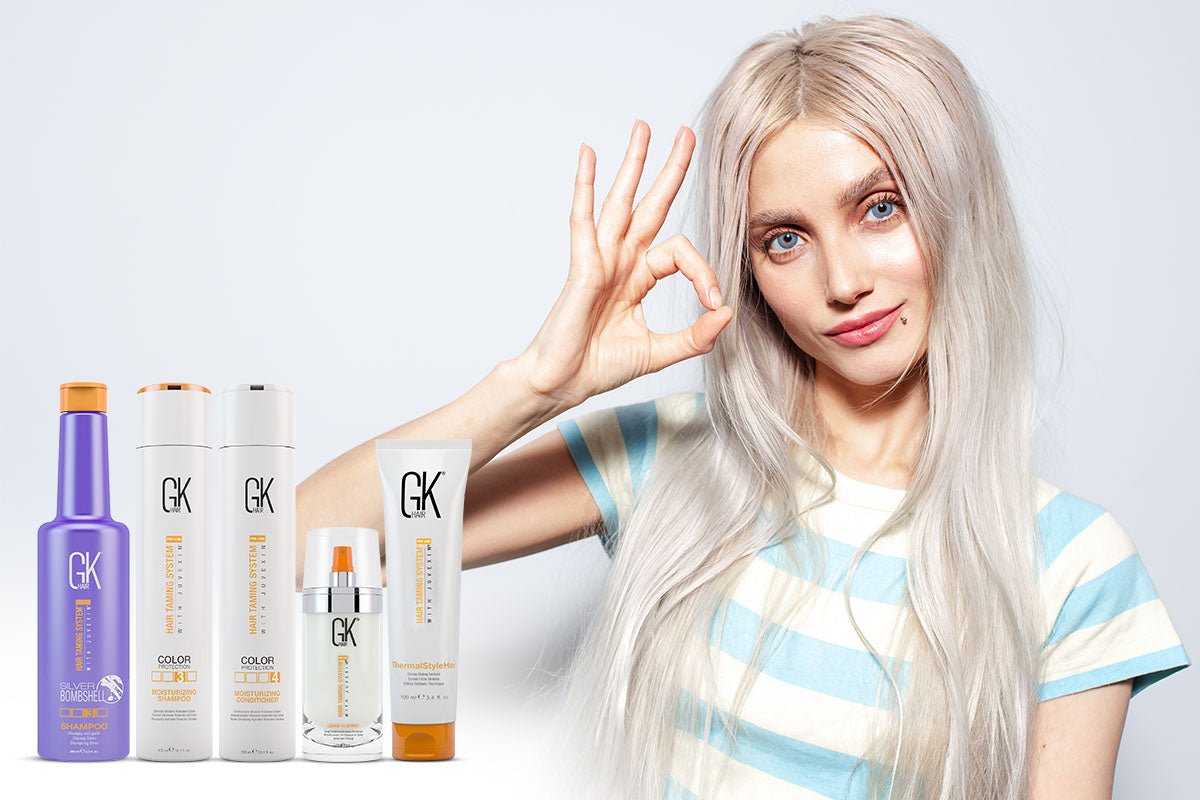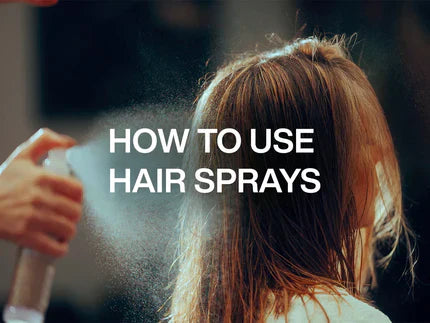Hair breakage is a frequent concern that can impact both the health and appearance of your hair. Recognizing what hair breakage looks like and knowing how to address it can help you keep your hair strong and vibrant. In this guide, we'll explore the signs of hair breakage, its causes, and effective strategies to prevent and treat it.
Signs of Hair Breakage
Spotting hair breakage early can help you prevent further damage and support healthier hair growth. Here are some common indicators to watch for:
-
Split Ends
Split ends occur when the hair shaft divides into two or more strands, often due to dryness or damage. This can give your hair a frayed and less healthy appearance.
How to Identify: Gently examine the ends of your hair. If they seem to be split or frayed, it’s likely you’re dealing with split ends.

2. Short, Broken Strands
Short strands that are significantly shorter than the rest of your hair can indicate breakage. These broken strands often result from mechanical damage or excessive heat.
- How to Spot: Check for uneven lengths throughout your hair. Broken strands may be particularly noticeable when your hair is pulled back or styled.
3. Frizz and Flyaways
Excessive frizz and flyaways can be a sign of hair breakage. Damaged hair cuticles can lift and create a frizzy appearance.
- How to Spot: If you notice more frizz than usual, especially along the hairline or at the ends, it may be due to breakage.
4. Dry, Brittle Hair
Hair that feels dry and brittle is more prone to breakage. Lack of moisture can weaken hair and make it more susceptible to damage.
- How to Spot: Run your fingers through your hair. If it feels rough or lacks elasticity, it may be suffering from breakage.
5. Uneven Texture
Hair that has an inconsistent texture can be a sign of damage. Breakage often results in sections of hair feeling different from the rest.
- How to Spot: Pay attention to any areas of your hair that feel rough or look uneven compared to the rest.
Causes of Hair Breakage
Understanding the causes of hair breakage can help you take preventive measures. Common causes include:
- Heat Damage: Frequent use of hot tools like flat irons and curling wands can weaken hair, leading to breakage.
- Chemical Treatments: Coloring, perming, and relaxing can compromise hair strength and cause breakage.
- Over-Brushing: Excessive brushing or using harsh brushes can cause mechanical damage to hair strands.
- Lack of Moisture: Dry hair is more likely to break. Inadequate conditioning and exposure to harsh environmental conditions can contribute to dryness.
- Improper Hair Care: Using products with sulfates or alcohol can strip hair of its natural oils, leading to breakage.
How to Prevent and Treat Hair Breakage
Here are some effective strategies to prevent and treat hair breakage:
1. Use Gentle Hair Care Products
Opt for sulfate-free shampoos and conditioners that help maintain moisture and reduce breakage. Try the GK Hair Balancing Shampoo and GK Hair Moisturizing Conditioner for gentle cleansing and hydration.
2. Incorporate Leave-In Conditioners
Leave-in conditioners can provide extra moisture and protection against damage. The GK Hair Leave-In Conditioner is a great option to keep your hair soft and manageable.
3. Limit Heat Styling
Reduce the use of heat styling tools and always apply a heat protectant before using them. This helps to minimize heat-related damage.
4. Avoid Harsh Chemicals
Minimize the use of chemical treatments or choose products that are less damaging. If you do color your hair, opt for products designed to be less damaging.
5. Trim Regularly
Regular trims help to remove split ends and prevent them from traveling up the hair shaft, reducing overall breakage.
6. Use a Wide-Tooth Comb
When detangling, use a wide-tooth comb to avoid pulling and breaking hair. Start from the ends and work your way up gently.
7. Protect Hair While Sleeping
Use a silk or satin pillowcase, or wear a silk scarf to reduce friction and prevent hair breakage while you sleep.
Recommended Products for Healthy Hair
To maintain healthy hair and prevent breakage, consider incorporating these products from GK Hair into your routine:

-
GK Hair Balancing Shampoo
Cleanses gently without stripping essential oils.
-
GK Hair Moisturizing Conditioner
Provides deep hydration to reduce dryness and breakage.
-
GK Hair Leave-In Conditioner
Offers additional moisture and protection throughout the day.
Conclusion
Recognizing and addressing hair breakage is essential for maintaining healthy, beautiful hair. By understanding the signs of breakage and taking proactive steps to prevent and treat it, you can keep your locks looking their best. For more tips and product recommendations, explore the GK Hair blog and discover our range of high-quality hair care products designed to promote strong, healthy hair.
Embrace these practices and say goodbye to breakage, and hello to vibrant, resilient hair!
